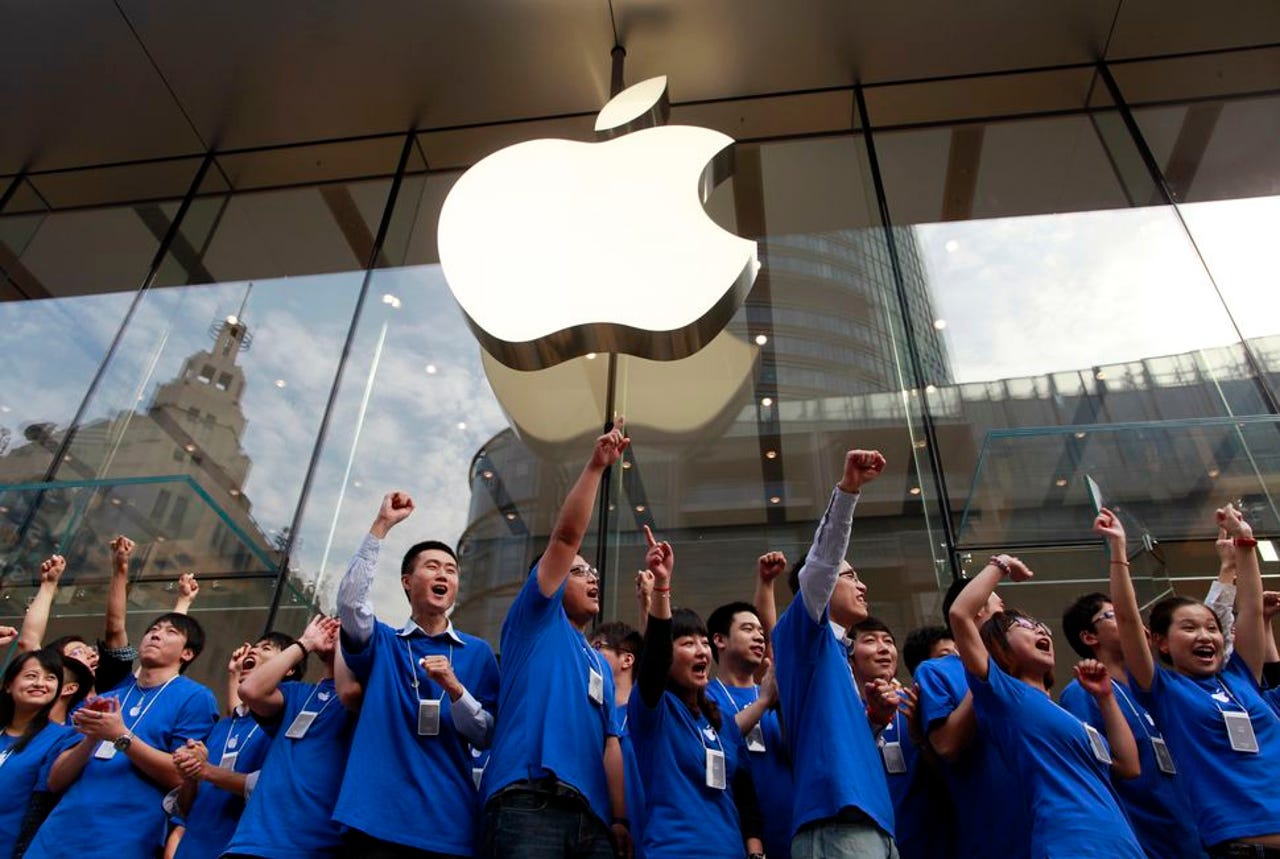UN human rights watchdog sends Apple letter over China VPN demands


(Image: CNET/CBS Interactive)
A leading human rights expert for the United Nations has sent a letter to Apple to ask why the company removed the majority of VPN providers from the country's app store.
The iPhone and iPad maker said in a notice to several providers on July 30 that the company was "required to remove some VPN apps in China that do not meet the new regulations" in the country's new cybersecurity law, which went into effect on Aug. 1.
It's thought that the Chinese government is on the information offensive ahead of a leadership reshuffle, expected later this year. VPN providers are often used to bypass China's strict online censorship -- the so-called "Great Firewall."
The removals sparked criticism from privacy and rights groups, and by the providers themselves, calling it "surprising and unfortunate" and one that sets a "dangerous precedent."
Now it has the attention of the United Nations.
David Kaye, the special rapporteur on opinion and expression, sent several questions to the company's chief executive, Tim Cook, in a communication, dated Friday, to ask among several things if Apple received a formal or informal demands by Beijing to remove the apps, and if the company made any objections.
News of the app removals comes months after Apple accepted the Newseum award for free expression in April, in which the company reaffirmed its commitment of "enabling people around the world to speak up" and "by speaking up ourselves" -- a point Kaye stressed in his letter.
"I address these questions not as a judge of Apple's choices in this situation but as part of my effort to understand, and thereafter report to UN bodies, the state of freedom of expression worldwide," said Kaye.
Apple did not respond to a request for comment.